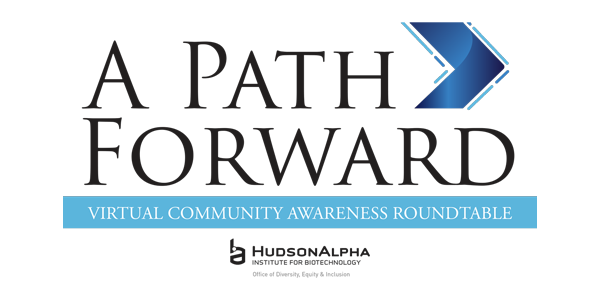The month of November is a time of thanksgiving, reflection, and remembrance. HudsonAlpha Institute for Biotechnology joins the nation in the celebration of Native American Heritage Month, honoring and recognizing the rich and diverse cultures, resilience, traditions, and shared history of America’s first inhabitants and the citizens of Tribal Nations of American Indians, Alaska Natives, and Native Hawaiians that continue to thrive in the United States today.
National Native American Heritage Month began as an effort to gain a day of appreciation and acknowledgement for the unique contributions made by Native Americans for the growth and establishment of the United States. The effort eventually resulted in a whole month being designated for that purpose.
The first state-level American Indian Day was declared on the second Saturday in May 1916 by the governor of New York. In 1990 President George H. W. Bush approved a joint resolution designating November 1990 “National American Indian Heritage Month.” Similar proclamations have been issued each year since 1994, including “Native American Heritage Month” and “National American Indian and Alaska Native Heritage Month”.
During Native American Heritage Month, we acknowledge the contributions of Native Americans in Alabama and around the country. Alabama’s indigenous history can be traced back more than 10,000 years, to the Paleoindian Period. Cultural and technological developments brought changes to the societies that inhabited what is now Alabama, with the most visible evidence of those changes being the remarkable earthen mounds built by the Mississippian people throughout the Southeast, in Alabama most notably at Moundville.
As we commemorate Native American Heritage Month, it is important to take a closer look at the health disparities affecting this community. Native American communities face significant inequity in health care and health status compared to other U.S. populations. Health outcomes for Native Americans are adversely impacted by inadequate access to comprehensive health services.
We take this time to recognize the collaboration of the Muscogee (Creek) Nation (MCN), the HudsonAlpha Institute for Biotechnology and HudsonAlpha Health Alliance, which provides comprehensive clinical genetic testing to citizens of the MCN receiving care via the Muscogee (Creek) Nation Department of Health. The integration of genomic information in precision medicine is rapidly advancing health care, as an individual’s genome carries important information about disease risks, potential responses to therapy, and appropriate medications.
Clinical genetic testing through the Health Alliance helps to inform clinical decisions for MCNDH physicians, while providing access to the Health Alliance’s Genome Gateway portal for electronic delivery of genetic test results, and test-specific education for patients and physicians. The program is managed with strict adherence to the Tribe’s privacy standards, quality protocols and supervision for the purpose of improving health outcomes for MCN citizens.
This partnership is an investment in public health and illness prevention to our Native American communities, a step on our path to health equity.


